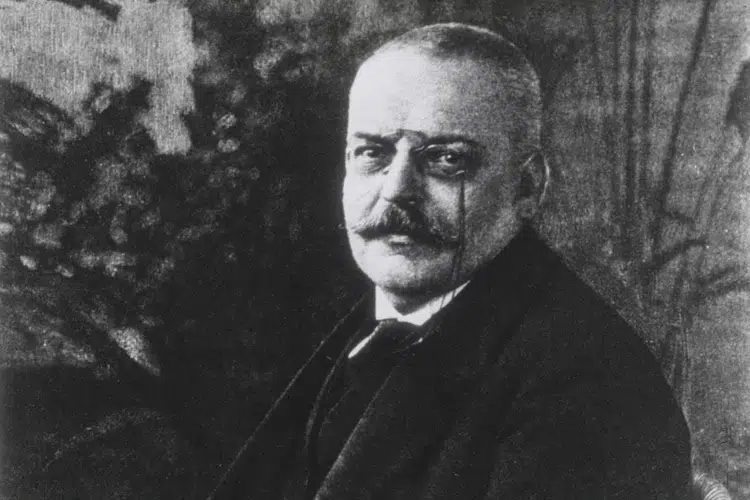Unveiling Alzheimer’s Disease: A Historical Journey of Discovery
Share IT

Launch Your Dream Website with Us!
Click Here to Get in touch with Us.
Categories
Alzheimer’s Disease History
Looking Back: Solving the Mysteries Around Alzheimer’s
Millions of people worldwide are impacted by Alzheimer’s disease (AD), a progressive neurological illness. However, the quest for knowledge about this illness started far earlier. This blog post explores the discovery of Alzheimer’s and the development of our understanding of this intricate disease, delving into its history.
Thank you for reading this post, don't forget to subscribe!Table of Contents

Early Glimmers: Identifying Dementia Symptoms
Alzheimer’s Disease History
There have long been mentions of cognitive deterioration in the elderly in ancient cultures. In approximately 2000 BC, dementia-like symptoms are mentioned in Egyptian medical texts. But a more scientific approach did not emerge until the 18th and 19th centuries.
The foundation was built by trailblazing individuals such as Philippe Pinel and Jean-Étienne Esquirol, who preceded Alois Alzheimer. Pinel coined the term “dementia” in 1797, and Esquirol expounded on its features. These preliminary attempts to characterise and comprehend cognitive decline cleared the path for more focused findings.
Unusual Situation: Dr. Alzheimer and the Initial Diagnosis
Alzheimer’s Disease History
Dr. Alois Alzheimer, a German psychiatrist and neuropathologist, is credited with making the formal discovery of Alzheimer’s disease. He started treating Auguste Deter in 1901 when she showed strange signs of paranoia, confusion, and memory loss. Dr. Alzheimer studied the brain tissue of this woman carefully after her death in 1906.
Alzheimer’s Disease History
His ground-breaking discovery of aberrant protein deposits—now recognised as neurofibrillary tangles and amyloid plaques—was made. He thought that the illness process was centred around these anomalies. Although Dr. Alzheimer presented his research in 1906, Emil Kraepelin, a psychiatrist who worked with him, was the one who gave the disease the name “Alzheimer’s disease” in 1910.
Revealing the Hallmarks: Historical Studies and Categorization
Alzheimer’s Disease History
Research aimed to determine the significance of these protein deposits after Dr. Alzheimer’s discovery. Studies conducted in the early 20th century verified that the majority of Alzheimer’s patients had plaques and tangles in their brains. Their status as the disease’s hallmarks was cemented by this.
In addition, scientists started categorising various types of dementia. Whereas Dr. Alzheimer’s case was referred to as “presenile dementia” due to its earlier onset, cognitive deterioration in older persons was referred to as “senile dementia.” Subsequent research, however, showed that plaques and tangles were seen in the majority of dementia cases, independent of age. As a result, there has been a change in the view of Alzheimer’s as a spectrum illness.
The Search Is On: Current Studies and Upcoming Paths
Alzheimer’s Disease History
Research on Alzheimer’s disease has advanced significantly in the 20th and 21st centuries. The intricacies of the condition have been further explored by experts thanks to tools like genetic testing and brain imaging. One possible therapeutic target that emerged was the “cholinergic hypothesis,” which centred on the function of a particular neurotransmitter.
Still undiscovered, though, is a permanent treatment for Alzheimer’s. The goals of current treatment strategies are to control symptoms and enhance quality of life. New directions in research are still being pursued, such as examining the function of inflammation, genetics, and lifestyle choices.
In Summary: a legacy of learning and optimism
Alzheimer’s Disease History
Alzheimer’s disease’s past is evidence of people’s insatiable curiosity and will to learn. From the first discoveries made by Dr. Alzheimer to the current research endeavours, scientists have accomplished great progress in comprehending this intricate illness. For the millions of people afflicted with Alzheimer’s and their families, the knowledge acquired provides hope even as the hunt for a cure continues.

Launch Your Dream Website with Us!
Click Here to Get in touch with Us.





























































Recent Comments